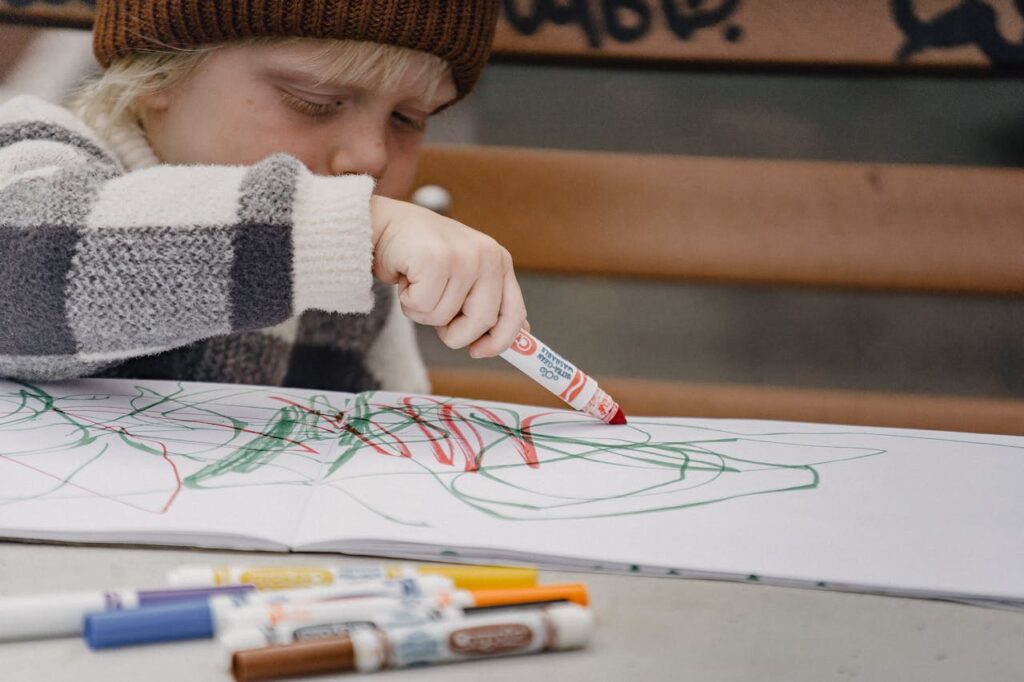IITHE Level 4 Diploma in Early Childhood Education

Overview
The IITHE Level 4 Diploma in Early Childhood Education is designed to equip learners with a thorough understanding of early childhood development and educational practices. This qualification focuses on the key principles and methodologies for effectively supporting the growth and learning of young children in educational settings.
The course integrates theoretical knowledge with practical skills, preparing students to contribute to early childhood education settings, develop educational programs, and support the holistic development of children from birth to age eight.
Entry Requirements:
- Typically aimed at learners aged 18 and above.
- Entry profile may include:
- Relevant Level 3 qualification or equivalent
- GCE Advanced Level in at least two subjects, or equivalent qualifications
- Mature learners (aged 21 and over) with relevant experience in early childhood education (verification with the centre may be required)
English Requirements: Learners from non-majority English-speaking countries must provide evidence of English language proficiency. For more information, please refer to our English Language Requirements page.
Equivalences: The IITHE Level 4 Diploma in Early Childhood Education is equivalent to Higher National Certificates (HNC) and the first year of a UK Bachelor’s degree in early childhood education or related fields.
Qualification Structure: The diploma comprises six mandatory units, totaling 120 credits, with 1200 Total Qualification Time (TQT) hours and a minimum of 600 Guided Learning Hours (GLH).
Mandatory Units:
- Introduction to Early Childhood Education (20 Credits)
Provides an overview of early childhood education principles, including key theories, developmental stages, and the role of educators in young children’s learning. - Child Development and Learning (20 Credits)
Examines the physical, cognitive, and emotional development of children, focusing on how these aspects influence learning and behavior. - Curriculum Planning and Development (20 Credits)
Focuses on designing and implementing effective educational programs and activities that support early childhood development and learning outcomes. - Observing and Assessing Children (20 Credits)
Covers techniques for observing and assessing children’s development and learning progress, including methods for documenting and interpreting observations. - Supporting Diverse Needs in Early Childhood Settings (20 Credits)
Explores strategies for supporting children with diverse needs, including those with special educational needs and disabilities, and promoting inclusive practices. - Health, Safety, and Wellbeing in Early Childhood Education (20 Credits)
Addresses key issues related to health, safety, and wellbeing in early childhood settings, including safeguarding, risk management, and promoting a healthy environment.
Duration and Delivery:
- Duration: Typically completed over two academic years for full-time learners, with flexible options for part-time or distance learning.
- Delivery Methods: The course is delivered through face-to-face lectures, tutorials, and seminars, as well as distance and online learning through approved centers.
Assessment and Verification:
- All units are internally assessed by the institution and externally verified by IITHE.
- Assessments are criterion-referenced, focusing on achieving the specified learning outcomes.
- Assessors provide a detailed audit trail to demonstrate learners’ fulfillment of assessment criteria.
Progression Opportunities:
Upon completion of the IITHE Level 4 Diploma in Early Childhood Education, learners can progress to:
- IITHE Level 5 Diploma in Early Childhood Education
- Further academic studies, such as a Bachelor’s degree in early childhood education or related fields.
- Professional roles in early childhood education, child development, or educational program management.
